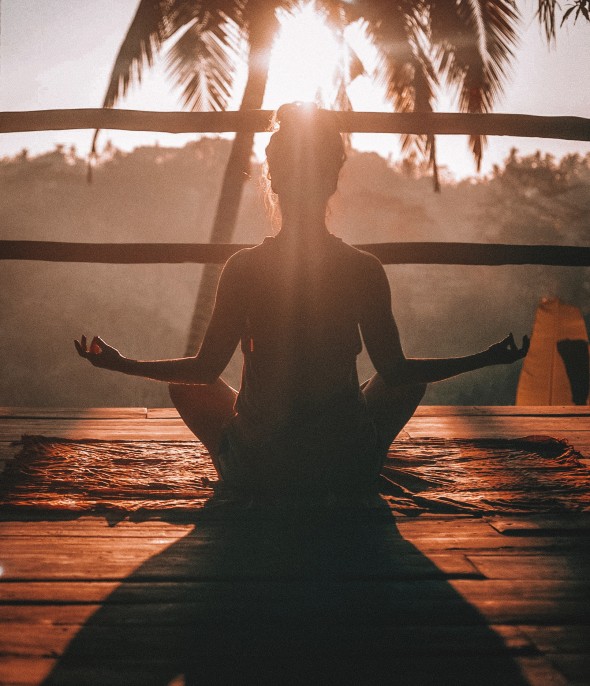If you’re considering taking part in your first marathon or if you’re starting preparations for your next adventure of such kind, you will have to follow a certain routine to build upon your strength, endurance, and performance. Most preparation plans will take from 16 to 20 weeks, and they consist of running several times a week, gradually increasing your mileage, adding some extra cross-fit training, and proper pre-race tapers.
Such training plans, which you can easily find online, tend to focus on your mileage and getting your legs and muscles ready to handle such a physical challenge.
Yet, there is an important aspect of athletes’ performance that is rarely addressed. Taking part in a marathon is not only physically, but also psychologically challenging, and your strength, endurance, and performance depend on your mental training as well.
It’s in Your Head
Some athletes perform much better during training than they do while competing. It can be the fear of failure that is holding them back, or they are too self-conscious to focus on their goals when they know someone is watching them. Sometimes they are perfectionists, meaning that they tend to overly criticize themselves and set unrealistic expectations.
Other may link their self-worth to their success, and feel as if they are down in the gutter if they don’t achieve a certain result. Some get anxious and paralyzed by fear, or lose their focus because a voice in their head keeps telling them “I can’t do it, I’ll give up.”
What goes on in our minds is of crucial importance during, for example, those 4:08:50 before the finish line, which is the overall average finish time for the Copenhagen marathon. We can overcome these issues, which keep on popping up in our minds, but reflect on our performance, only by working on our mental performance.
Mental toughness is a skill set, as the expert in sports and performance psychology Dr.Justin Ross claims. It won’t function without practice, which should be a part of every training cycle. Key features of mental toughness are willingness and optimism. Willingness makes us determined to continue our efforts, without giving up or backing down, while optimism provides us with a positive belief in the outcome, both in the short and the long run.
Practice Mindfulness
On the other side, there is a flow, an elusive state, when the rest of the world fades away and only concentration on the task remains. Many runners have experienced this state and claim it enhanced their performance, but unfortunately, they don’t know how to get in the zone or even predict it.
Mindful meditation is a practice often recommended by the experts as the best way for entering the flow and a crucial part of mental preparation for difficult tasks. Being mindful, or better put, present at the moment, relieves you from all the stress, anxiety and pessimistic thoughts. It helps you focus on what’s really important and what you can control while running your 19th mile – feel your movements and find your rhythm, as well as be aware of the way you breathe and the steps you take.
Still, to be able to use these techniques on the very day of the marathon, and feel all the advantages it brings to your performance, you will have to work on developing such a mindset much earlier and make mindfulness techniques a part of your preparation training.
Use Visualization
Another helpful technique to prepare you for the marathon is the technique of visualization. Surely, you can visualize the very moment you’re crossing the finish line, and it may support your belief in success, but it will do nothing more for your performance.
What is really effective is to visualize everything in between the starting and finishing line. For your brain, it will be as you were rehearsing it. When the time comes, your brain will be ready for the challenge, as it has experienced the track several times already.
It helps even more if you visualize the difficult parts of your track and the ways you are going to overcome them. Adding some real-life material is recommended. For example, you will get the best results if you run or walk through the extra challenging parts before the marathon. You can then pick some visual markers, and add them to your visualizations, and when the day of the marathon comes, you will feel more grounded and optimistic when you reach them.




























the article is very perceptive, in which I found to be a refreshing reminder that gives a sense of reality to this unusual times.